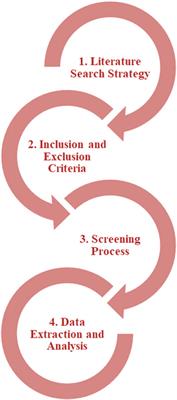ORIGINAL RESEARCH
Accepted on 19 Feb 2025
Navigating the Challenges of COVID-19: A Case Study of Construction Worker Camps in Thailand
doi 10.3389/fbuil.2025.1510093
- 171 views
1,365
Total downloads
11k
Total views and downloads
Submit your idea
You will be redirected to our submission process.
ORIGINAL RESEARCH
Accepted on 19 Feb 2025
ORIGINAL RESEARCH
Published on 03 Sep 2024
ORIGINAL RESEARCH
Published on 26 Aug 2024
REVIEW
Published on 03 May 2024

Manuscripts can be submitted to this Research Topic via the main journal or any other participating journal.
Submit your idea
You will be redirected to our submission process.